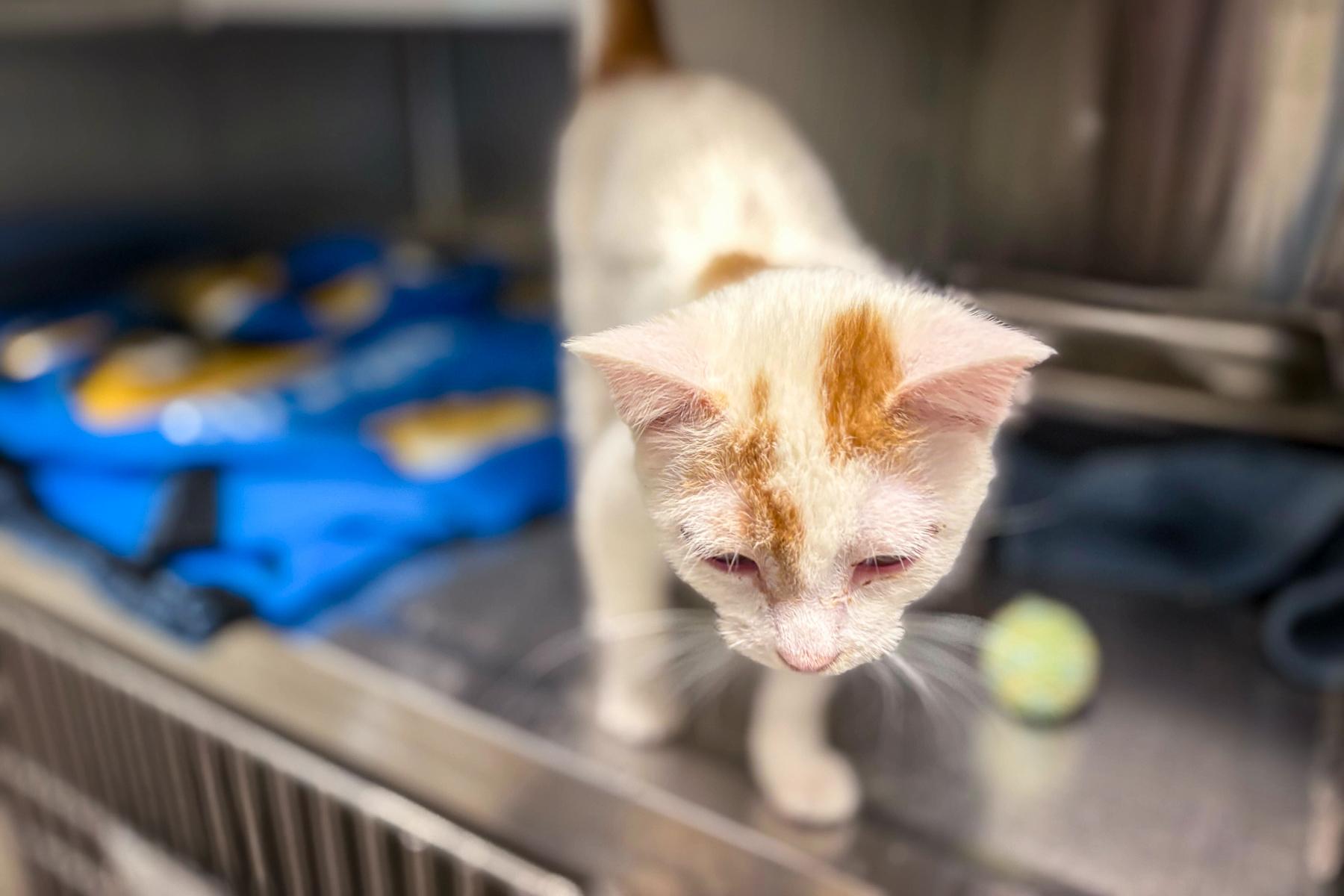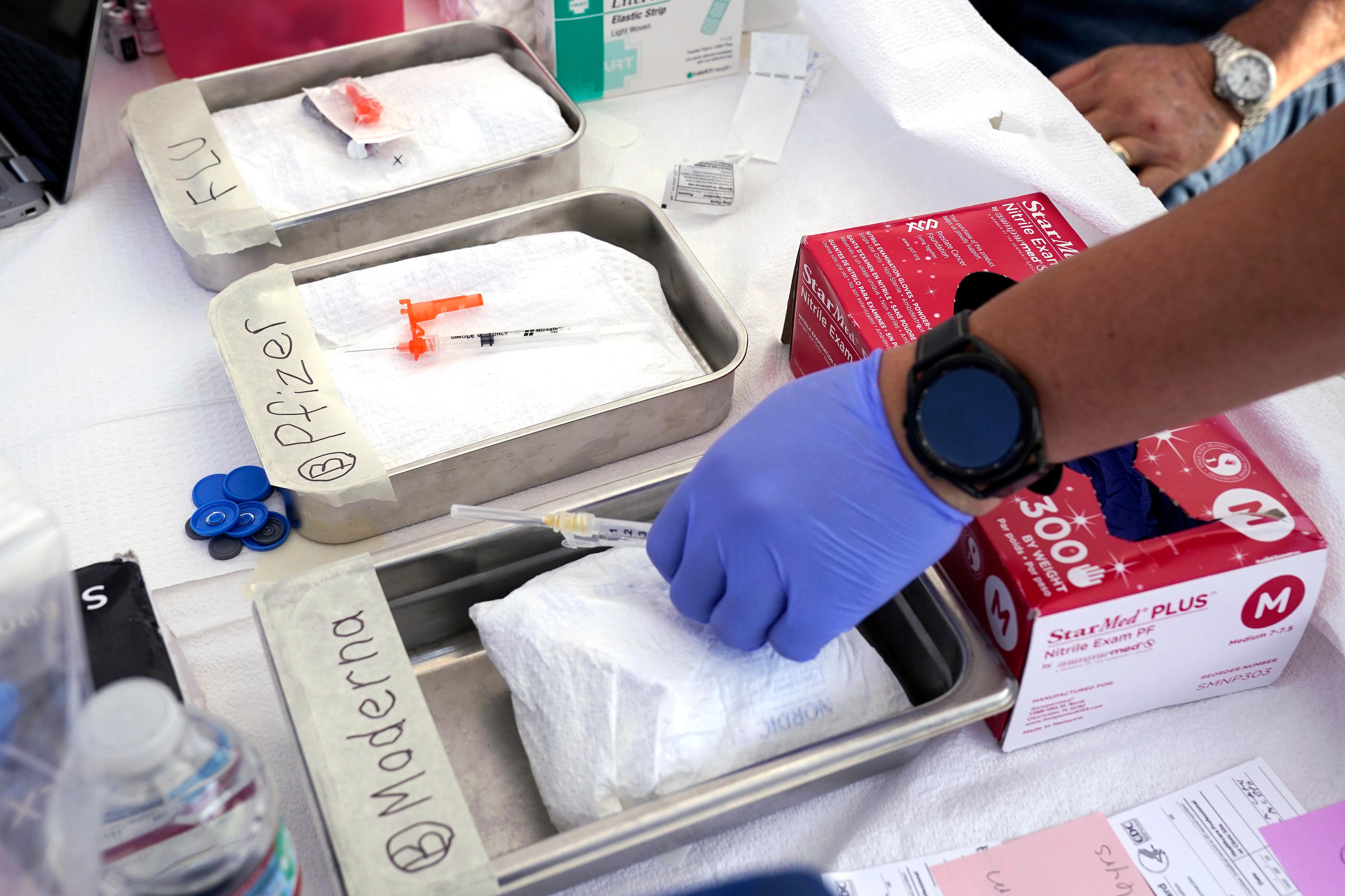Lt. Governor Joe Garcia wants to start a movement --a social movement aimed at improving reading skills in Colorado’s young children. Why? A third of the state’s third-graders can’t read like they’re supposed to. Garcia says to start that movement you need to first find out what’s working and what’s not. CPR education reporter Jenny Brundin hopped aboard his “Literacy Matters” bus tour to northern Colorado. Here's a transcript of her story.
Lt. Gov. Joe Garcia: First I’m going to make sure all overhead bins are closed.
Reporter Jenny Brundin: The lieutenant governor pretends to shut a couple of overhead bins as the big tour bus he’s on lurches into the early morning darkness. But when it comes to relaying the goal of the bus trip to 50 or so passengers – business people, teachers and philanthropists - Garcia is focused and serious.
Garcia: The point of this tour of course is to find out how people in the communities – the different communities of the state - they see this issue manifested in their own communities.
Reporter: “This issue” is early childhood literacy. By the time middle-income kids enter school, 30 million more words have been read or spoken to them than to their low-income peers. Thirty million. Garcia wants to know what communities are doing to close that gap and whether the state can help. It’s rare to have a high-profile politician take up this banner. But researchers have known this for a long time. It’s clear that kids who can’t read are going to struggle later. Many will drop out -- even end up in prison or on welfare. And it hurts businesses that need educated workers.
Garcia: We really need to look at what’s happening with young children from the moment they are born. What kind of role are their parents playing, what kind of factor is housing or poverty, or health and nutrition? We know all those things matter, and we know that no matter what your principal or superintendent try to do, they can’t address all those issues on their own.
Reporter: It begins in the home, even the hospital, right when the baby is born.
One program signs up newborns for a library card. Another gives a child a book after each check-up. Many libraries have baby, toddler and preschool story times, and classes to help parents learn how to interact with their children to develop vocabulary, listening skills and word recognition. Sometimes it takes reaching into homes, especially the homes of newcomers who believe that they don’t need to worry about school until first grade. It’s a way to spread information as simple as how important it is to talk to babies for their brains to develop.
Debbie Becker, United Way of Weld County: When you first talk with them it’s, like, well nobody told me I needed this.
Reporter: Debbie Becker is with United Way of Weld County, which funds a program that reaches into Latino homes to teach early literacy skills.
Becker: It’s not that people want their children to fail. It’s that they don’t know how to help them to succeed.
Reporter: Sitting in a school library in the rural town of Gilcrest, Becker offers the bus group an analogy to describe the difference between a child who has been talked and read to in their early years, and one who hasn’t.
Becker: Two children entering Kindergarten are two jigsaw puzzles. One of them has the border built and all the pieces are turned face up and they’re ready to start making connections. The other one, all the pieces are still in the box.
Reporter: Even when people on the tour found programs that work, they often heard that there’s just wasn’t enough money to serve every kid who needs it. Like the state-funded Colorado Preschool Program, or CPP. Educators statewide say children who attend excel in the early grades compared to those who haven’t.
Danielle Romero, Morgan County Early Childhood Council: We can talk about all the things we have for kids but if half our population can’t access those programs because we don’t have space for them, then they do no good.
Reporter: Danielle Romero, executive director of the Morgan County Early Childhood Council, says poverty also plays a role in early literacy, especially in remote rural towns.
Romero: The drive time to get to a library to get access to books is at best 20 miles, at best. So when you got to feed them versus buy a book, what do you do?
Reporter: In many communities, the literacy gap grows in the summer time. Struggling students lose most of the skills they gained. One program in Brush didn’t mess around. Superintendent Michelle Johnston described a summer school pilot program.
Michelle Johnston: …where we could actually say to parents, your child has to come to summer school, we need your help, or I’m not moving them on. It’s a big leverage point and what we found...
Reporter: They found that the backwards slide stopped in more than three-quarters of the kids and more than half advanced a reading level. Johnston called for more summer programs or even a longer school year.
Reporter: Members of the bus tour are logging these ideas and the lieutenant will use them to build a statewide early literacy initiative. There’s no extra money in state coffers. Garcia concludes that it will take mobilizing businesses -- and thousands of volunteers -- to help close Colorado’s reading gap.
[Photo: CPR]
Literacy Matters Colorado









